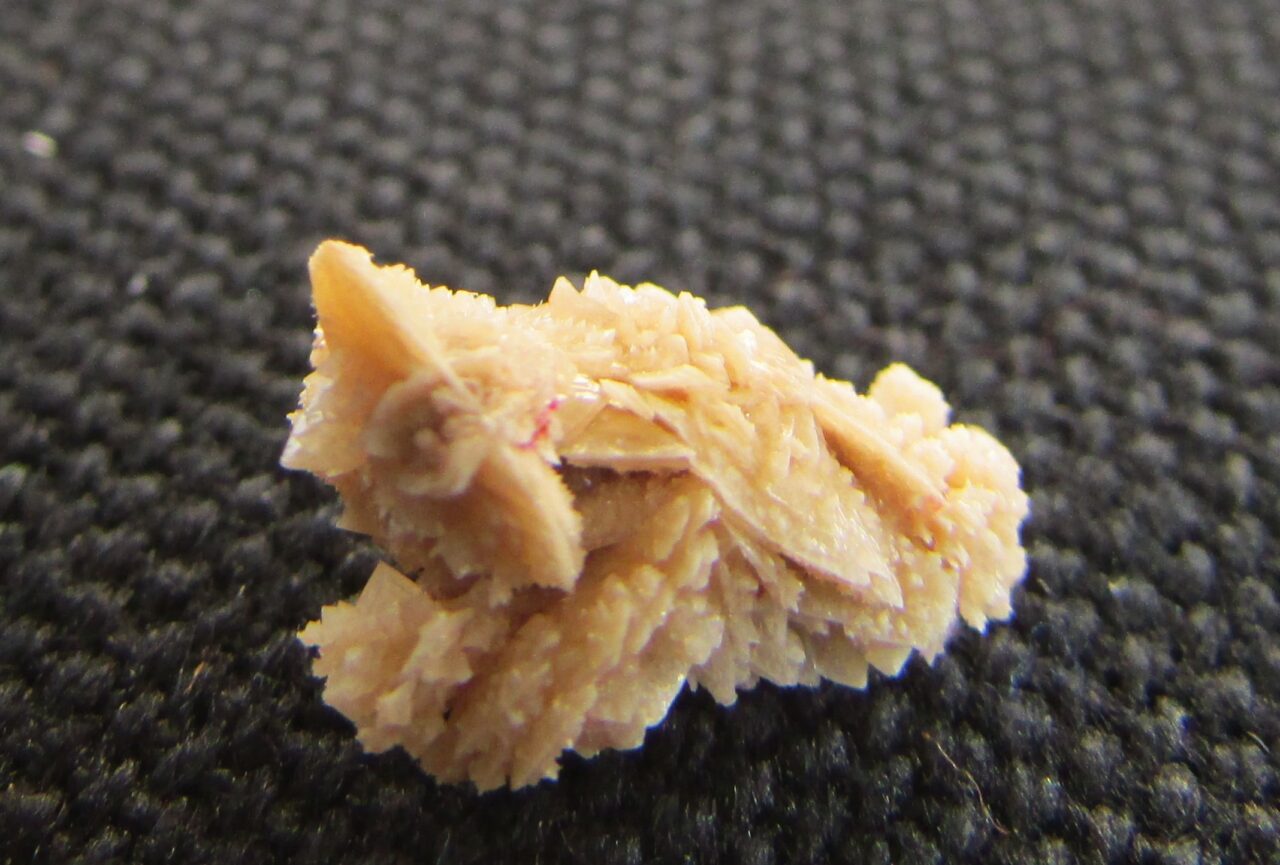The number of people in the U.S. getting kidney stones is rising.
More than 1 million Americans will get kidney stones this year. In 1980, about 3 in every 100 people were at risk of getting kidney stones at some point in their lives. In 1994, that number rose to about 5 in every 100 people. By 2010, this number hit almost 9 in 100 people.
There are many factors that might affect your likelihood of getting kidney stones. Race, gender, and ethnicity all play a part in who may get them. For example, men get kidney stones more often than women, and white people more often than African Americans or any other race.
What causes these painful stones?
Kidney stones are often very painful and can return once a person gets one. Certain individuals are more prone to kidney stones because of hereditary factors and lifestyle issues.
One major risk factor for kidney stones is constant low urine, sometimes caused by dehydration. Your urine contains many dissolved minerals and salts, and when they do not dissolve or are found at high levels, you can form stones. When urine volume is low, urine is concentrated and dark in color. Concentrated urine means there is less fluid to keep salts dissolved.
Diet can also affect the chance of forming a stone. High urine calcium levels may be due to the way your body handles calcium. It is not always due to how much calcium you eat. Instead, your healthcare provider may try to reduce your urine calcium level by decreasing your sodium (salt) intake. Lowering the amount of calcium in your diet rarely stops stones from forming. Studies have shown that restricting dietary calcium can be bad for bone health and may increase kidney stone risk. Reducing salt in the diet lowers urine calcium, making it less likely for calcium stones to form.
Other potential causes might be:
- Family history of kidney stones
- Obesity
- Certain medical conditions
- Medications
- Bowel problems
Learn to prevent kidney stones
If you believe you are at risk of kidney stones, regular metabolic evaluations and monitoring are recommended. Suggestions to help prevent kidney stones from returning:
1. Stay Well Hydrated
Drink enough fluids (water is best) to make about ½ gallon of urine a day. Drink more water in the summer months when you are apt to lose more water through sweat.
2. Cut the Salt
The recommended daily allowance of sodium is 2,500 mg, yet the average American diet takes in about 5,000 mg of sodium a day. Don’t add salt to your food. Limit eating processed foods, which also contribute to higher sodium intake. Decreasing urinary sodium also decreases urinary calcium, and both minerals are leading causes of kidney stone formation.
3. Moderate Calcium Intake
If you have a history of stone formation, your doctor may recommend a moderate intake of calcium. Calcium, however, is necessary for the diet; complete elimination of calcium is not advisable and can actually lead to more kidney stones.
4. Cut the Protein
Low protein intake may reduce urine calcium but will vary from person to person. Low protein levels are not healthy for other areas of your health, but your doctor may recommend that you cut down on your protein intake if your levels are too high.
If you believe you may be exhibiting symptoms of kidney stones or that you may be at risk, contact the urinary health experts at Houston Metro Urology.




























